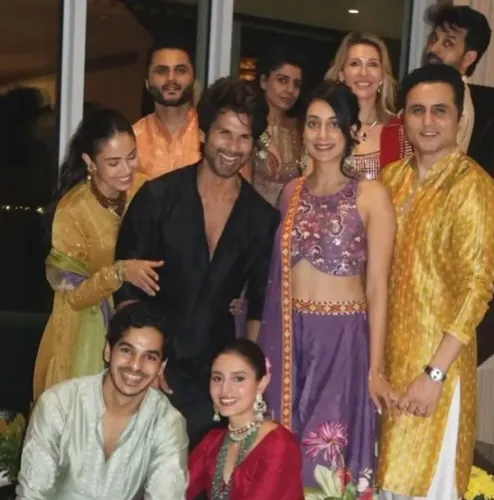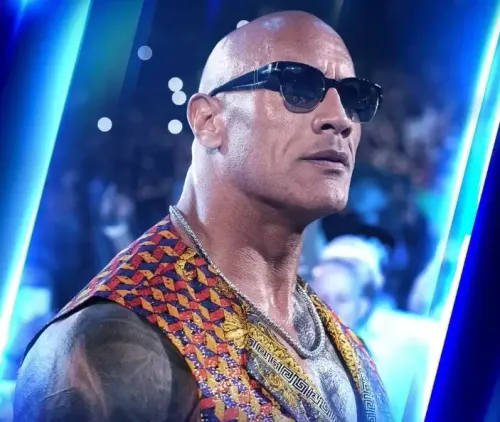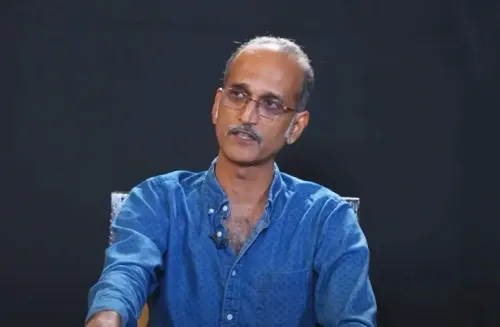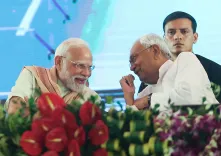Why Is Fawad Khan's Instagram Account Still Active in India While Hania and Mahira's Are Blocked?
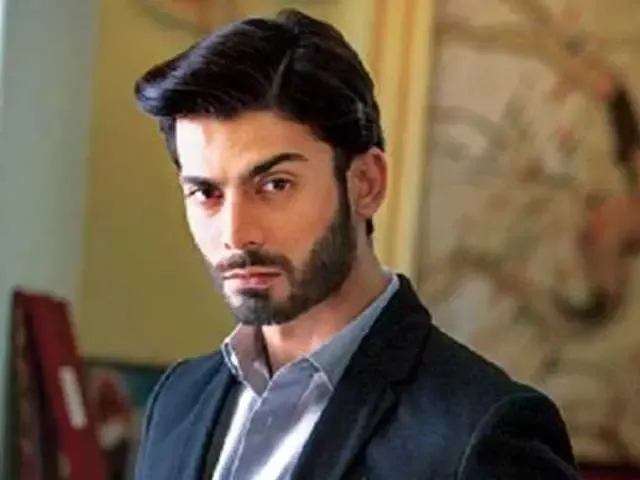
Synopsis
Key Takeaways
- Instagram accounts of Pakistani artists are being blocked in India.
- The accounts of Hania Aamir and Mahira Khan are currently inaccessible.
- Fawad Khan's account remains active, raising questions about the blocking criteria.
- The Pahalgam terrorist attack has escalated tensions between India and Pakistan.
- India's government is taking strict measures against Pakistani nationals.
Mumbai, May 1 (NationPress) The Indian government is tightening its grip on Pakistani nationals following the tragic terrorist attack in Pahalgam. In a move that has seen several Pakistanis sent back across the border, this stringent action has extended into the digital realm, with the Instagram accounts of numerous Pakistani artists now rendered inaccessible in India.
The profiles of Pakistani actors such as Hania Aamir and Mahira Khan have been blocked for users within India.
Visitors to these artists' Instagram pages now encounter a message stating, "Account not available in India. This is due to our compliance with a legal request to limit content access."
Meanwhile, the Instagram account of actor Fawad Khan, along with the popular 'Pasoori' creators Ali Sethi and Shae Gill, remains accessible. This discrepancy raises questions about whether the authorities are still in the process of implementing blocks or if the restrictions are based on GPS location.
In the aftermath of the violent incident in Pahalgam's Baisaran valley last week, tensions have heightened between India and Pakistan, a nation notorious for harboring terrorism.
The heinous attack claimed the lives of at least 26 tourists from various regions of India, along with foreign nationals.
The terrorists, believed to be backed by Pakistan, utilized second-generation mobile phones and SMS communication to evade sophisticated surveillance systems.
China has also weighed in, calling for an "impartial" investigation into the assault, subtly suggesting its alignment with Pakistan’s denial of involvement.
One of the suspects is reported to be a former Pakistani commando, currently evading capture as the National Investigation Agency of India continues its inquiry.
Following a meeting with all political parties, Indian Prime Minister Narendra Modi has granted the military full authority to determine the timing and nature of any actions against Pakistan, a nation that has long posed threats not only to India but to multiple countries worldwide.
Historically, Pakistan has been a cradle for terrorism, initially opening its territory to the Mujahideen during the Afghan-Soviet war, a move orchestrated by the United States against the advancing USSR.
As the USSR collapsed post-war, the Mujahideen were eventually overtaken by the Taliban, who consolidated power and expanded their influence through Afghanistan's extensive road networks and the illegal poppy trade.
Pakistan's internal strife also led to the India-Pakistan war of 1971, resulting in the formation of Bangladesh.
Recent reports indicate that Pakistan-sponsored terrorists were involved in attacks on Indian and American embassies in Kabul in 2008 and 2011, a concert hall in Moscow in 2024, and bombings throughout London in 2005.
As New Delhi gathers evidence to unveil Pakistan's deadly terror network, Iran, located to Pakistan's west, has offered to mediate discussions between India and Pakistan.

